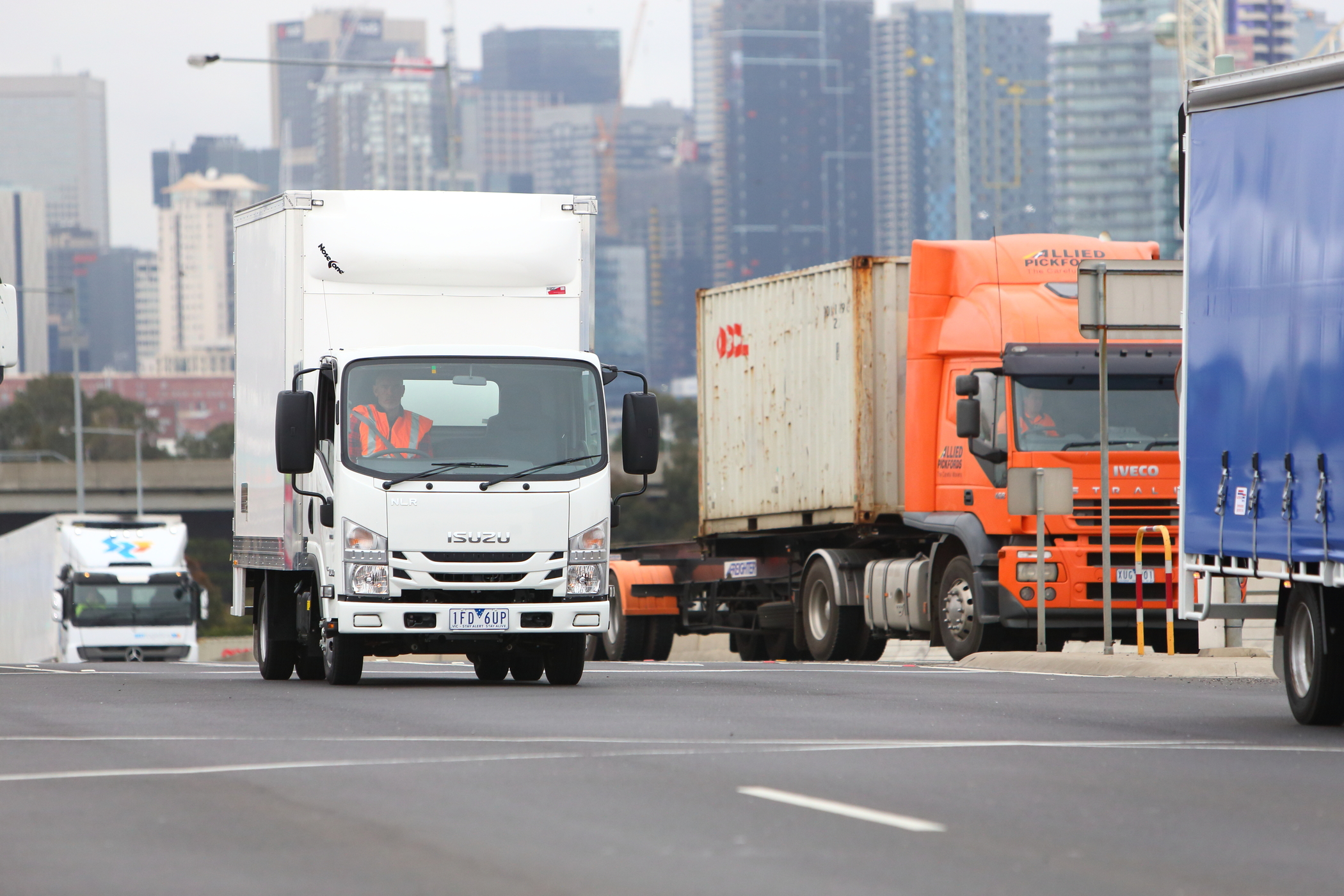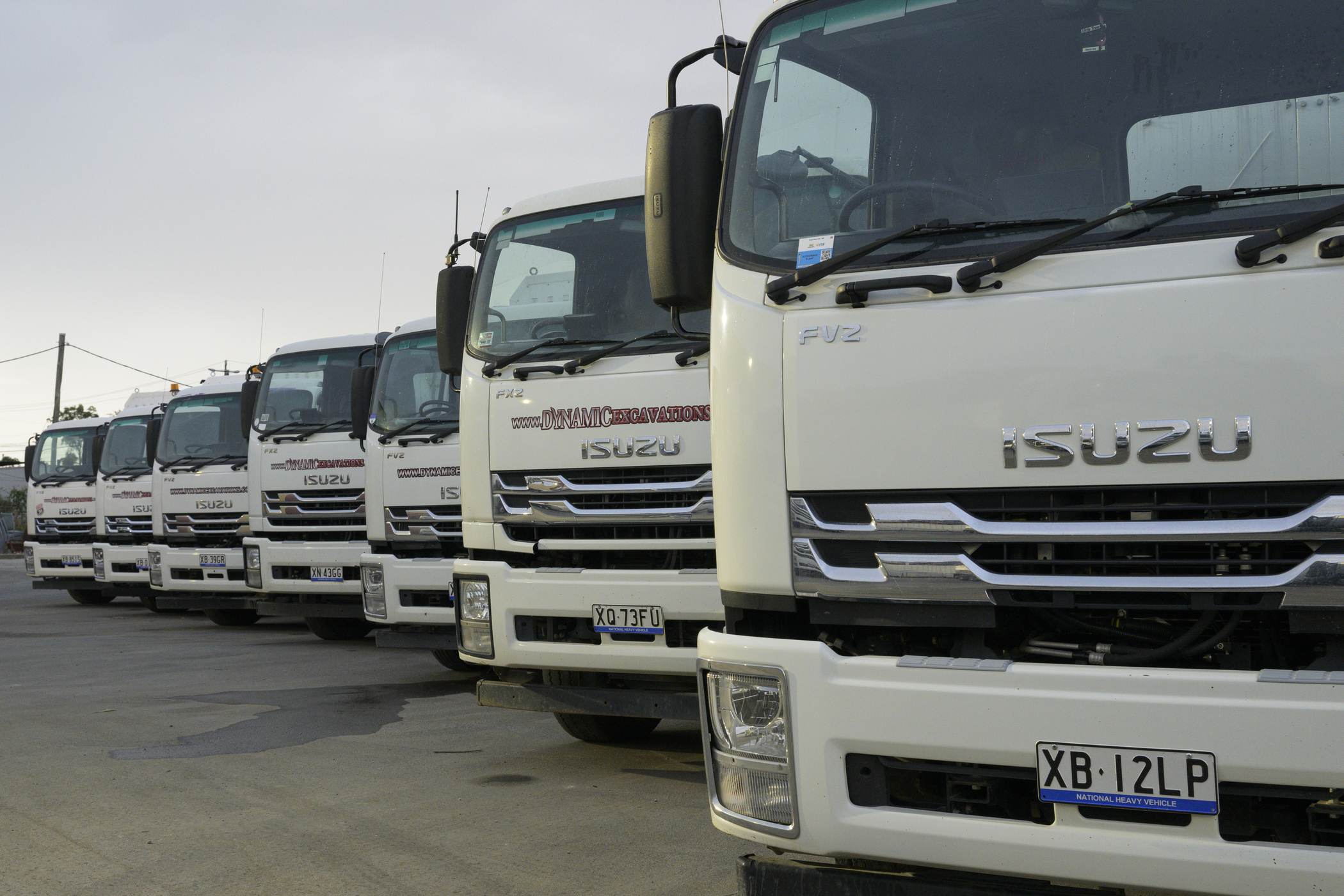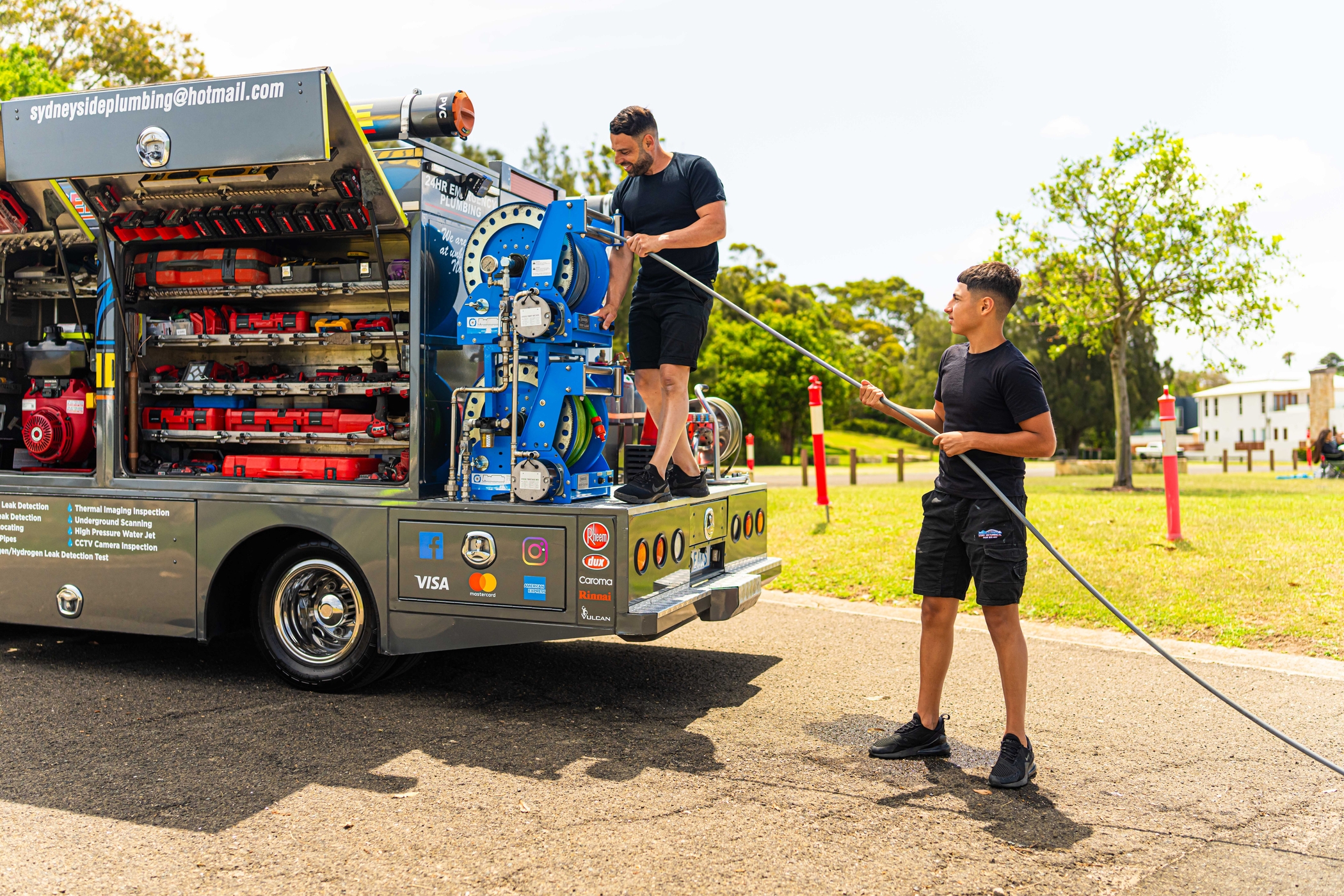CHAIN OF RESPONSIBILITY: LET’S GET BACK TO THE BASICS

The Future of Trucking report revealed that for many, CoR responsibility requirements remain unclear. So, what is it and how does it apply to you? CoR applies to everyone involved in the entire transport supply chain. Let’s look at some of the key aspects.
CoR basics
Put simply, CoR is a legal obligation that holds all workers in the transport supply chain responsible (and liable) for ensuring breaches of the Heavy Vehicle National Law (HVNL) do not occur. According to the National Heavy Vehicle Regulator, if you are in a position that influences the transport supply chain, then you have responsibility under CoR, which then holds you legally liable. The focus of CoR is to instil a safe working environment for everyone by bolstering the safety practices and procedures throughout the transport supply chain. The current CoR sees primary duty of care applied to each party in the supply chain of a transport vehicle, which means everyone at every step of the transport supply chain has an obligation to minimise or eliminate potential risks or harm by taking reasonable measures to ensure safety. So whether you’re a packer, driver, contractor or business manager, so long as you’re a link in the transport supply chain, then the laws are applicable to you. These relevant work roles include, but are not limited to, the following:
- Rostering and scheduling
- Vehicle operation
- Loading and packing

If you have any influence or control over on- and off-road operations, you can be held legally accountable to the HVNL. You can have a look at the range of resources available on the
The nitty gritty
The National Heavy Vehicle Regulator gives the following examples of how breaching CoR laws could occur:
- When a party has control or influence over a transport activity and fails to manage the risk it creates
- When a party’s business practices cause or encourage the driver of a heavy vehicle to exceed the speed limits
- When a party’s business practices cause or encourage the driver of a heavy vehicle to breach mass, dimension, or loading requirements
- Where instructions, actions or demands to parties in the supply chain cause or contribute to an offence under the HVNL
- A consignor or consignee has unrealistic contractual arrangements which causes or encourages the driver to exceed regulated driving hours or drive whilst fatigued
- A scheduler’s business practices, requests or demands cause or encourage the driver to exceed the speed limit
Reasonable measures In the case of a prosecution under the HVNL, the courts may look at—along with how a breach occurred—what reasonable measures each party took to ensure safe procedures were in place to stop breaches of the HVNL occurring in the first place. There are comprehensive CoR guidelines for risk management, which can be consolidated in a Safety Management System (SMS). Every business is encouraged to implement an SMS to ensure a safety-focused operation. As detailed by the NHVR, the fundamentals of establishing an SMS comprise the following:
- Safety policy and documentation
- Safety risk management
- Safety assurance
- Safety promotion and training

Risk-based categorisation of breaches Under the HVNL, fatigue management, mass, dimension and loading and speed compliance offences are categorised according to the risk they present; the severity of the offence increases with the potential damage to road infrastructure and the risk to people’s safety.
- Minor breach: risk of someone gaining a minor unfair commercial advantage over those who operate legally, but no risk to safety or infrastructure
- Substantial breach: risk of damage to infrastructure, increasing traffic congestion and unfair competition
- Severe breach: appreciable risk to safety, more severe risk to infrastructure, greater risk of traffic congestion or a greater level of unfair competition
- Critical breach: contravention of fatigue-regulated maximum work time and/or minimum rest time which would adversely affect the driver’s ability to drive safely
CoR penalties
While it’s best practice to ensure the safety of everyone in the industry, extra deterrents to flouting CoR rules were introduced in the form of stiff penalties. Depending on the nature of the offence, these penalties can include hefty fines and imprisonment.
CoR under review
The National Transport Commission is currently leading a review of the HVNL, so you can have your say on how the laws have affected, or how you think they should affect, your work in the industry. Keep an eye out for further updates, which either have come into effect since the major changes last year or are scheduled to come into effect at a later date. If you’re passionate about road safety and the law, check out our blog on towing capacity facts and myths.


The all-new Isuzu truck range is about to arrive.
Register your interest and we'll keep you in the loop with the latest updates.
Learn More



